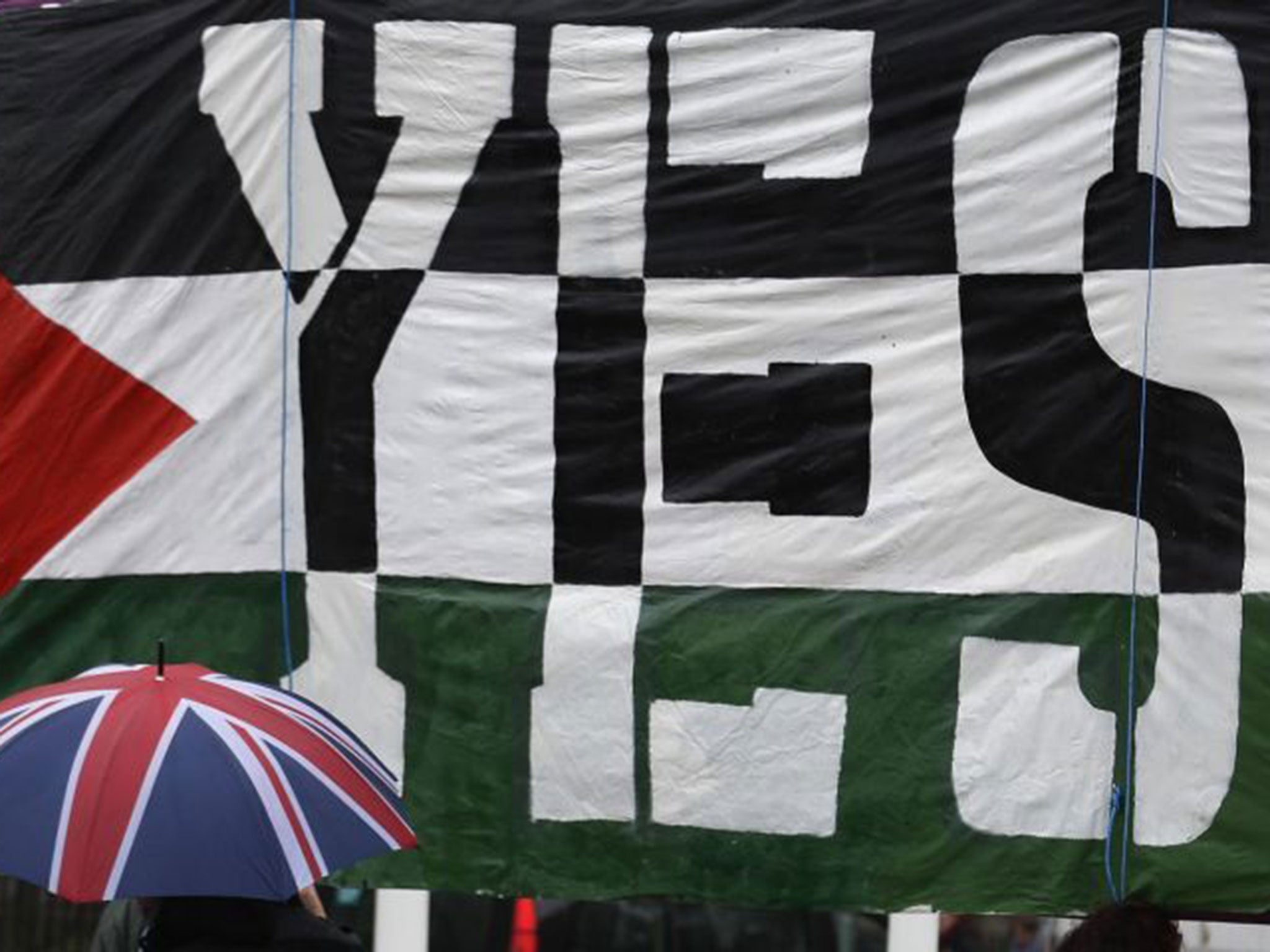Donald Macintyre's Sketch: No bombast as members on all sides drift away from Israel

In the end, even the tone of the Palestine debate made you think there might indeed be something historic about it.
Odd, since it was on a backbench motion that, as its proposer Grahame Morris of Labour admitted, wouldn’t change a single fact on the ground. Partly it was that Morris himself, arguing quietly for the “small but symbolic” step of recognising Palestine, kept not passion but bombast in check. But it was the Tory Richard Ottaway who should most worry an Israeli leadership which had done its best to prevent a vote for recognition last night. The Foreign Affairs Committee chairman described how some of his wife’s family had been with Chaim Weizmann at the Paris Peace Conference; how he had grown up deeply influenced by the Holocaust, and how as a young midshipman had swept the Tiran straits for mines after the Six Day War –which he denounced as a “major attempt to destroy Israel”. He had “stuck with Israel through thick and thin”.
But in the past 20 years, he said with deep regret, Israel had been “drifting away from world public opinion”. The recent “annexation of 950 acres of the West Bank… has enraged me more than anything in my political life”, he said. While he doubted that the Palestinians were yet “fit” for statehood, he was just too angry to oppose Morris’s motion. And, he concluded, if Israel is “losing people like me, it’s going to be losing a lot of people”.
Opponents included the former Foreign Secretary Malcolm Rifkind who said Britain had not recognised Israel until 1950, long after the war of 1948, and that it was abnormal to recognise a state without trappings like an army.
His speech and that of Labour’s Louise Ellman – who strangely appeared to blame Palestinian President Mahmoud Abbas alone for the collapse of negotiations – were strikingly more negative even than the Government’s official line, reserving “the right to recognise a Palestinian state bilaterally at a moment of our choosing and when it can best help bring about peace”.
That was tellingly recalled by former Labour Foreign Secretary Jack Straw, who then simply added: “That moment is now.”
Subscribe to Independent Premium to bookmark this article
Want to bookmark your favourite articles and stories to read or reference later? Start your Independent Premium subscription today.

Join our commenting forum
Join thought-provoking conversations, follow other Independent readers and see their replies